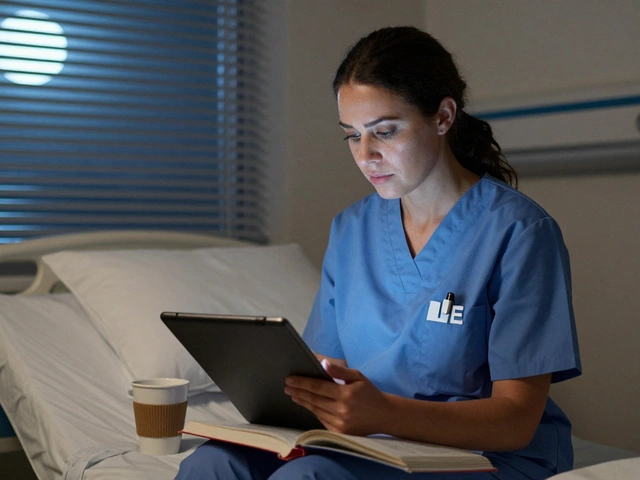Fitness Certification: What You Need to Know Before You Start
If you’re thinking about a career in fitness, the first step is usually getting certified. A solid certification shows clients and employers that you know the basics, can design safe workouts, and follow industry standards. It also opens doors to higher pay and better job options. Below we’ll break down the most popular certifications, how to choose the right one, and practical tips to ace the exam.
Top Certifications and Who They’re Best For
Most people start with either NASM (National Academy of Sports Medicine), ACE (American Council on Exercise), or ISSA (International Sports Sciences Association). NASM focuses heavily on corrective exercise and movement science, so it works well if you want to train athletes or work in rehab settings. ACE is known for its easy‑to‑understand study material and strong community support, making it a good match for beginners who plan to teach group classes. ISSA offers a flexible online platform and a broad curriculum that includes nutrition, which appeals to those who want a well‑rounded skill set.
Other reputable options include the ACSM (American College of Sports Medicine) for those aiming at clinical or research roles, and the NSCA (National Strength and Conditioning Association) for strength‑focused careers. Each organization requires a passing score on a multiple‑choice exam and a CPR/AED certification.
How to Pick the Best Certification for You
Start by asking three simple questions: What type of clients do you want to train? Where do you see yourself working? How much time and money can you invest right now? If you love working with rehab patients, NASM’s emphasis on anatomy and corrective exercise is a solid choice. If you’re more into group fitness or personal training at a gym, ACE’s practical approach might suit you better. If you want flexibility and a broader curriculum, ISSA’s online format lets you study at your own pace.
Check the certification’s recognition in your local market. Employers often list preferred credentials in job ads, so a quick look at local listings can give you a clue. Also, compare costs: exam fees range from £200 to £400, and study packages can add another £100‑£300. Some providers offer bundles that include practice tests, study guides, and retake vouchers, which can save you money in the long run.
Study Tips That Actually Work
Don’t try to cram everything in one night. Break the material into bite‑size sections and study a little each day. Many candidates find the Pomodoro technique helpful—25 minutes of focused study followed by a 5‑minute break. Use flashcards for key terms like "isometric contraction" or "macronutrient ratio." Practice questions are gold; they show you how the real exam is structured and highlight any weak spots.
Join an online forum or study group for your chosen certification. Talking through concepts with peers reinforces learning and gives you shortcuts you might not find in the official guide. If you get stuck on a topic, a short YouTube tutorial can clarify it fast, but keep the official textbook as your main source.
Exam Day: Stay Calm and Focused
Arrive early, bring a valid ID, and have your CPR/AED card ready. Read each question carefully—many exam writers include extra information that can distract you. If a question feels tricky, eliminate obviously wrong answers first, then pick the best of the remaining options. Manage your time; you usually have about a minute per question, so don’t linger too long on any single item.
After the exam, take a deep breath. Most people pass on the first try, especially when they’ve followed a steady study plan. If you don’t pass, use the score report to see which sections need more work, then schedule a retake.
Next Steps After Getting Certified
Now that you’re certified, add the credential to your résumé, LinkedIn profile, and any marketing materials. Offer a free introductory session to attract new clients and showcase your knowledge. Keep learning—most certifications require continuing education credits every two to three years, so staying updated will keep your license active and your skills sharp.
Getting a fitness certification is a practical step toward a rewarding career. Choose the right program, study smart, and treat the exam like any other skill test. With the right preparation, you’ll be ready to help people reach their health goals and build a solid professional reputation.






